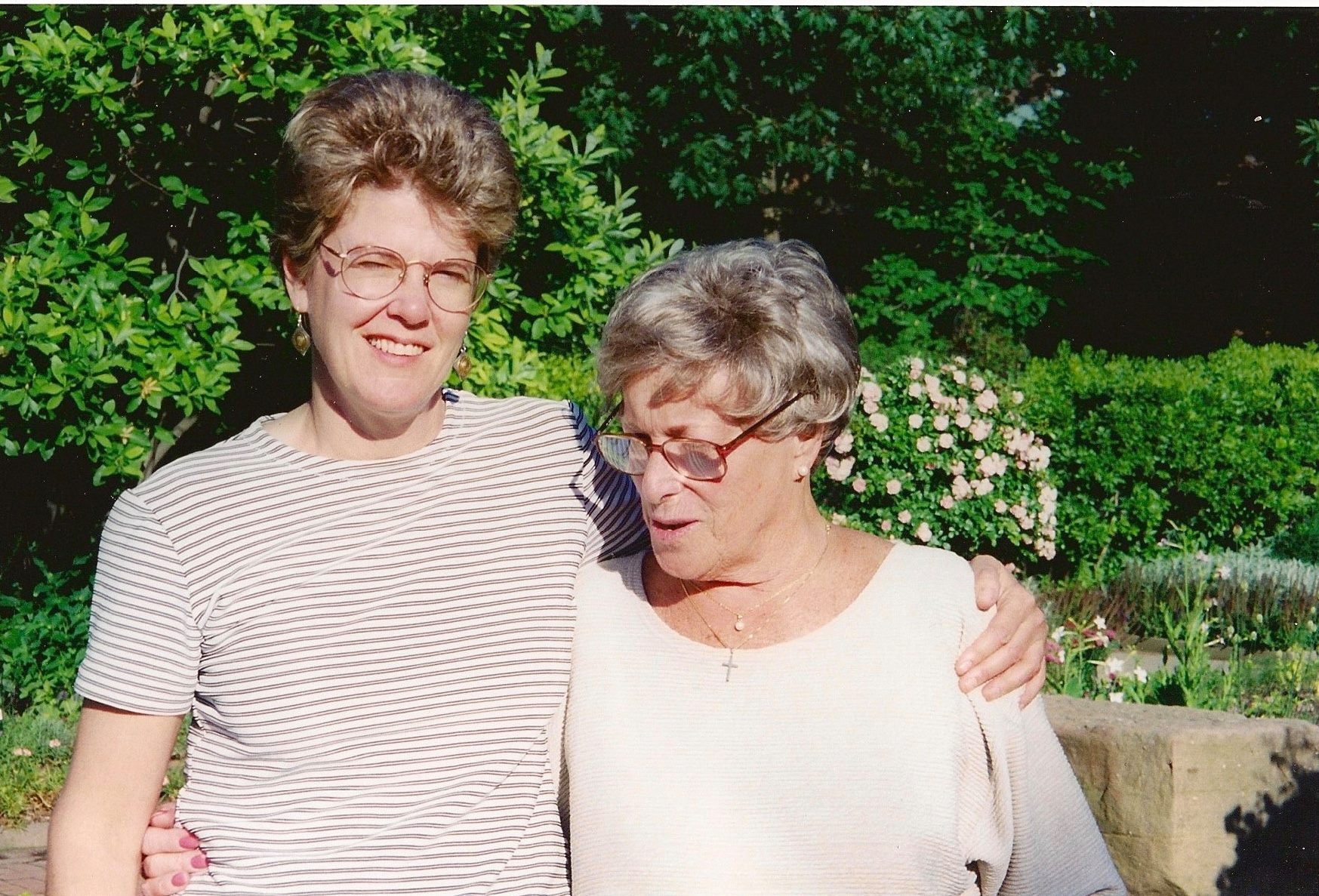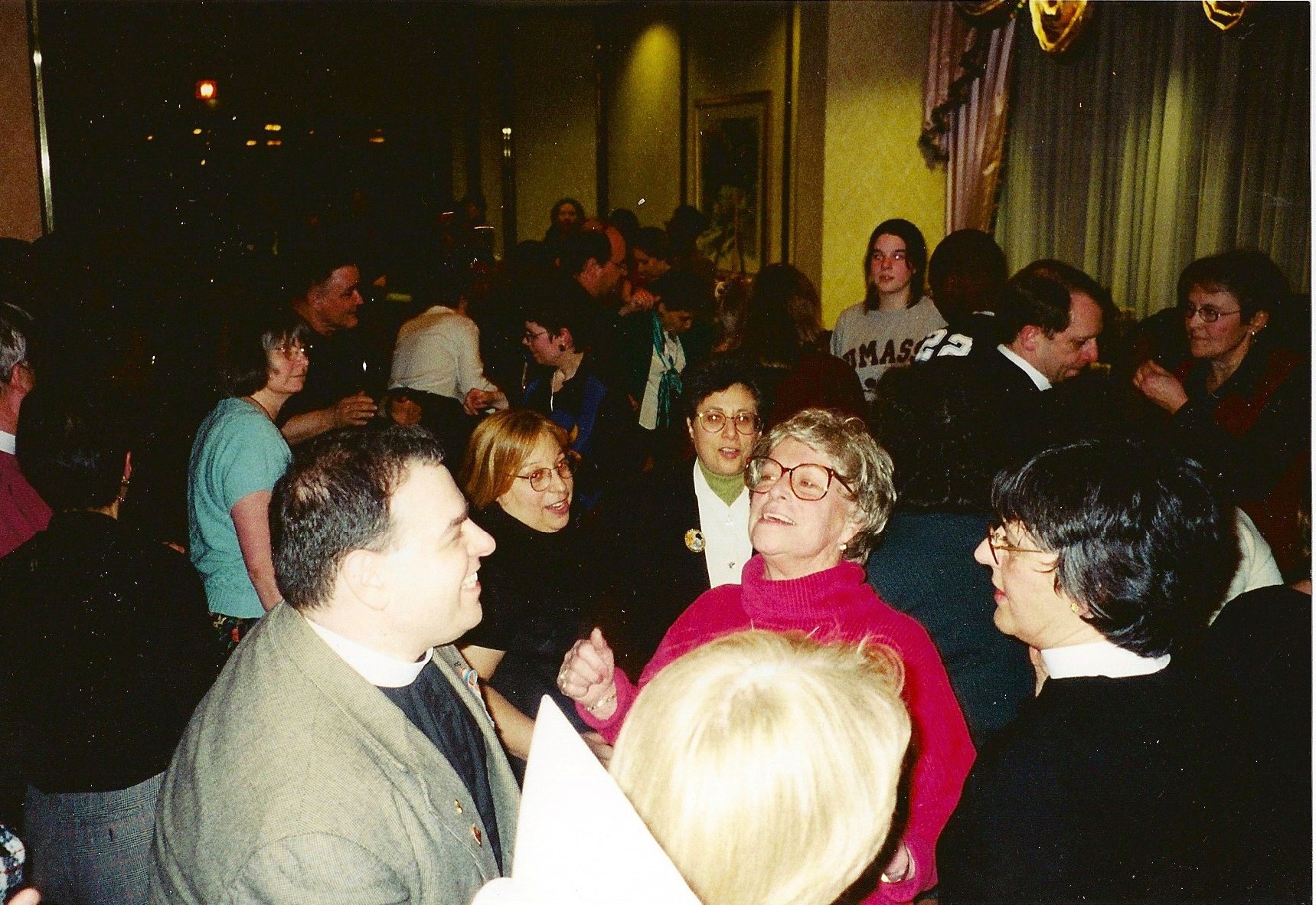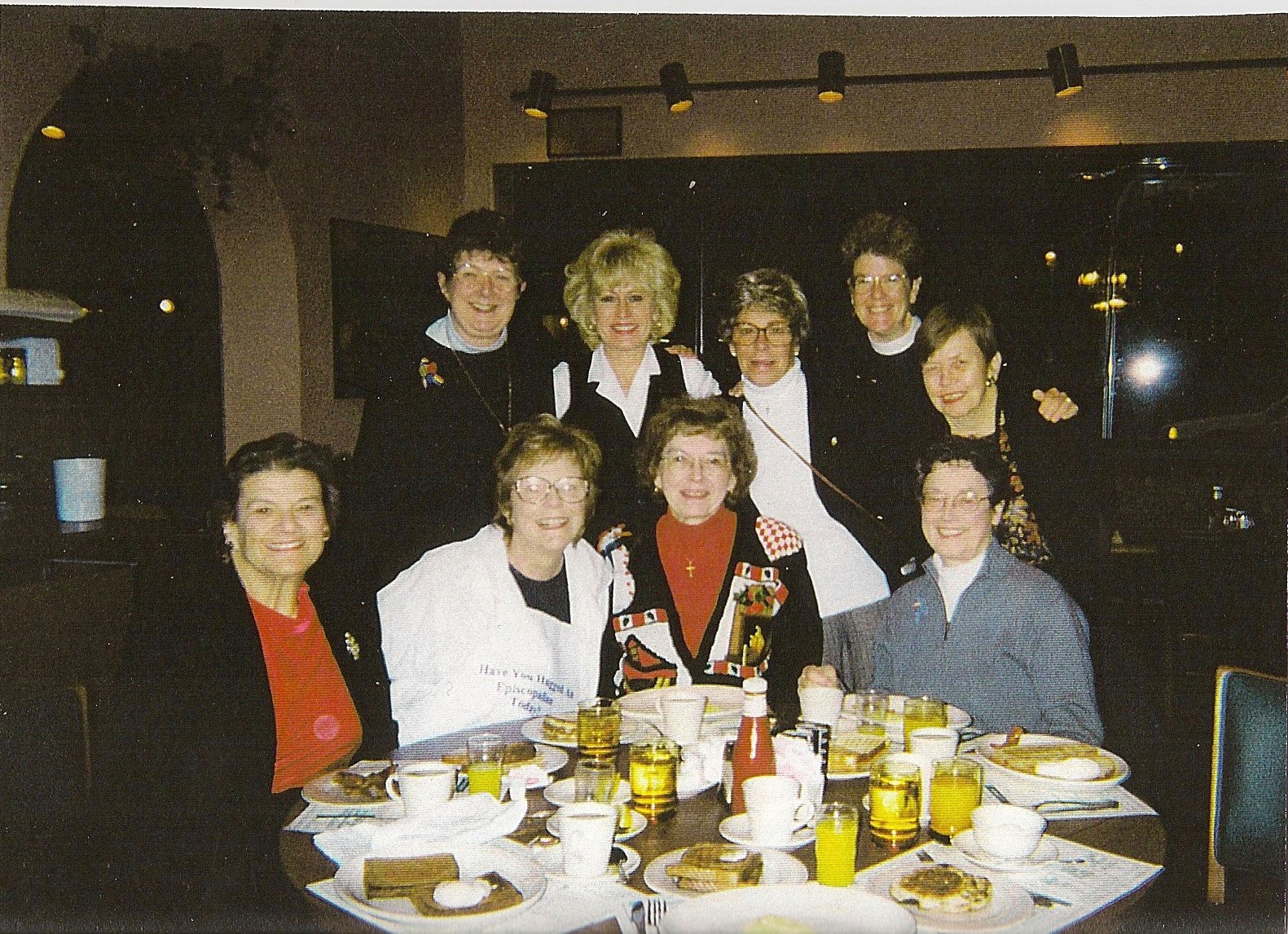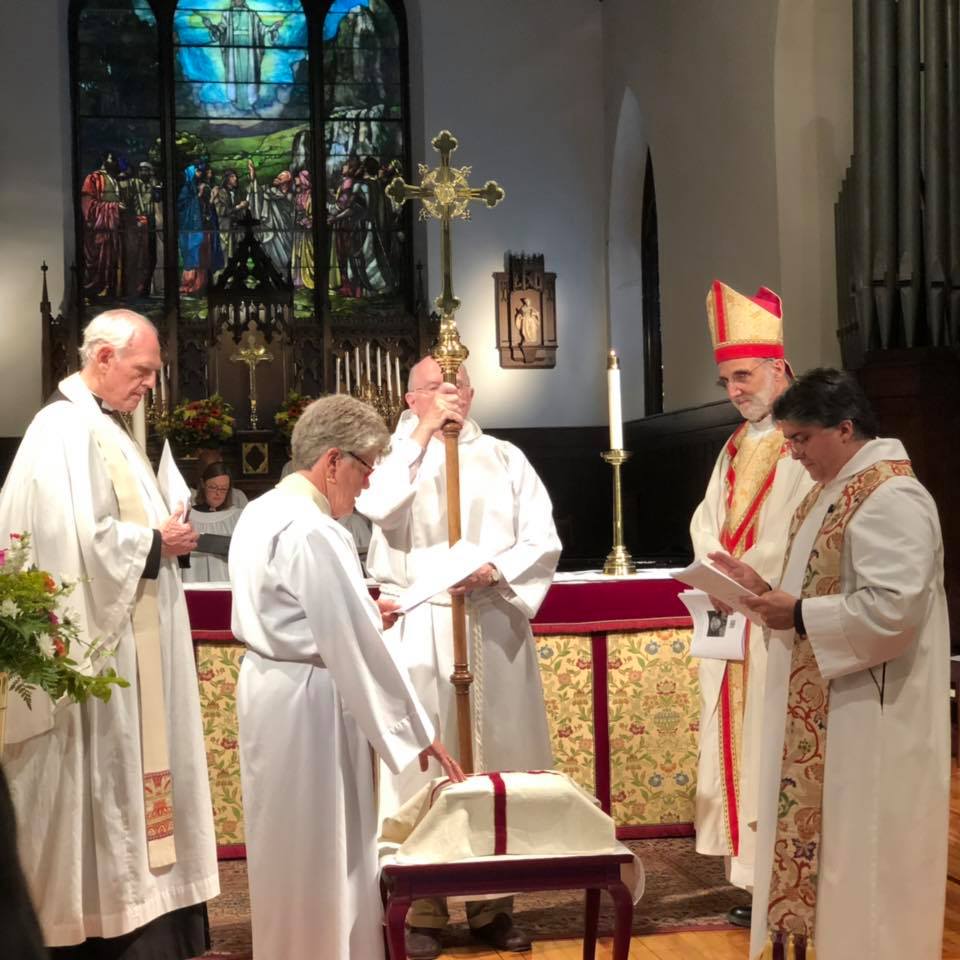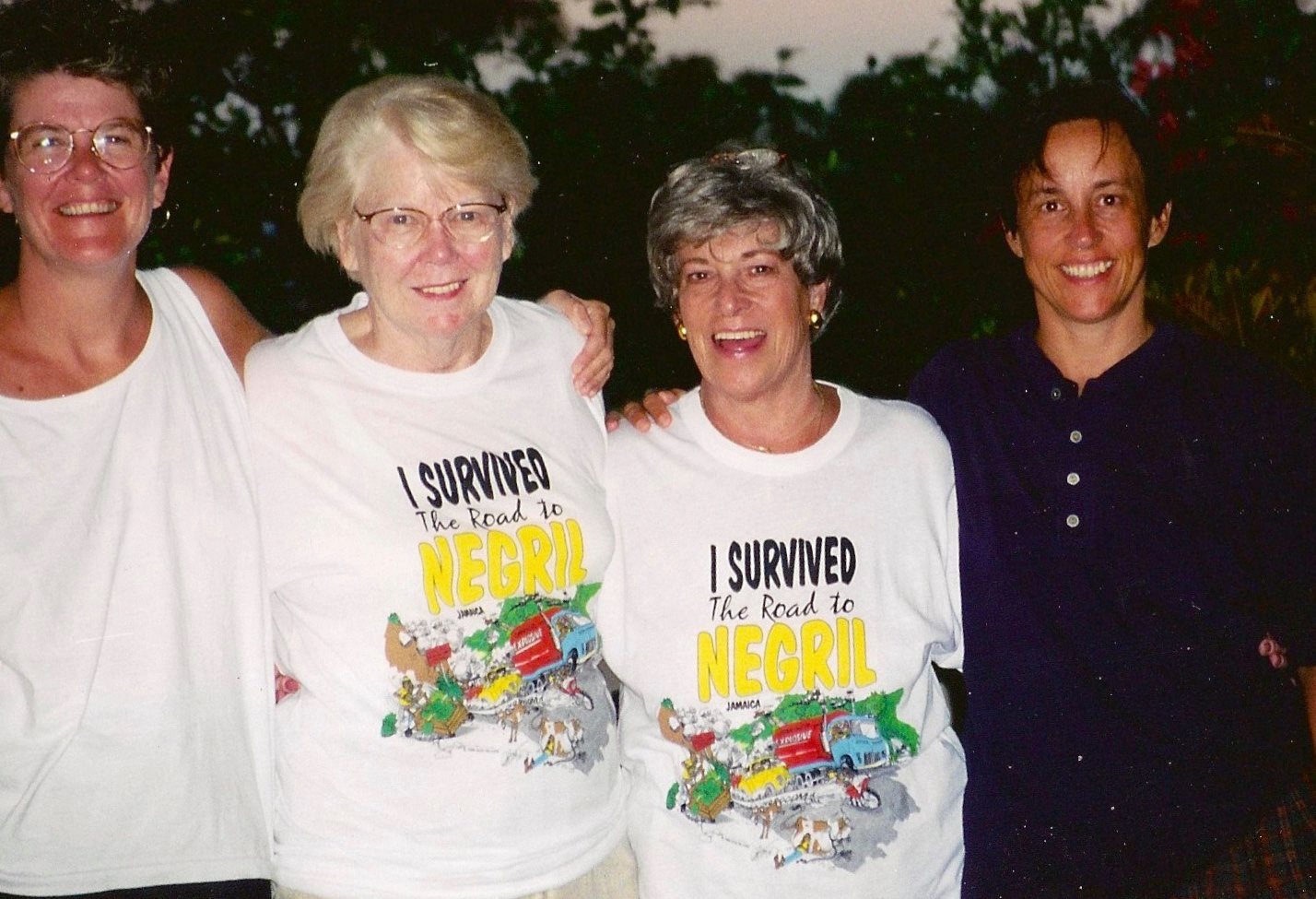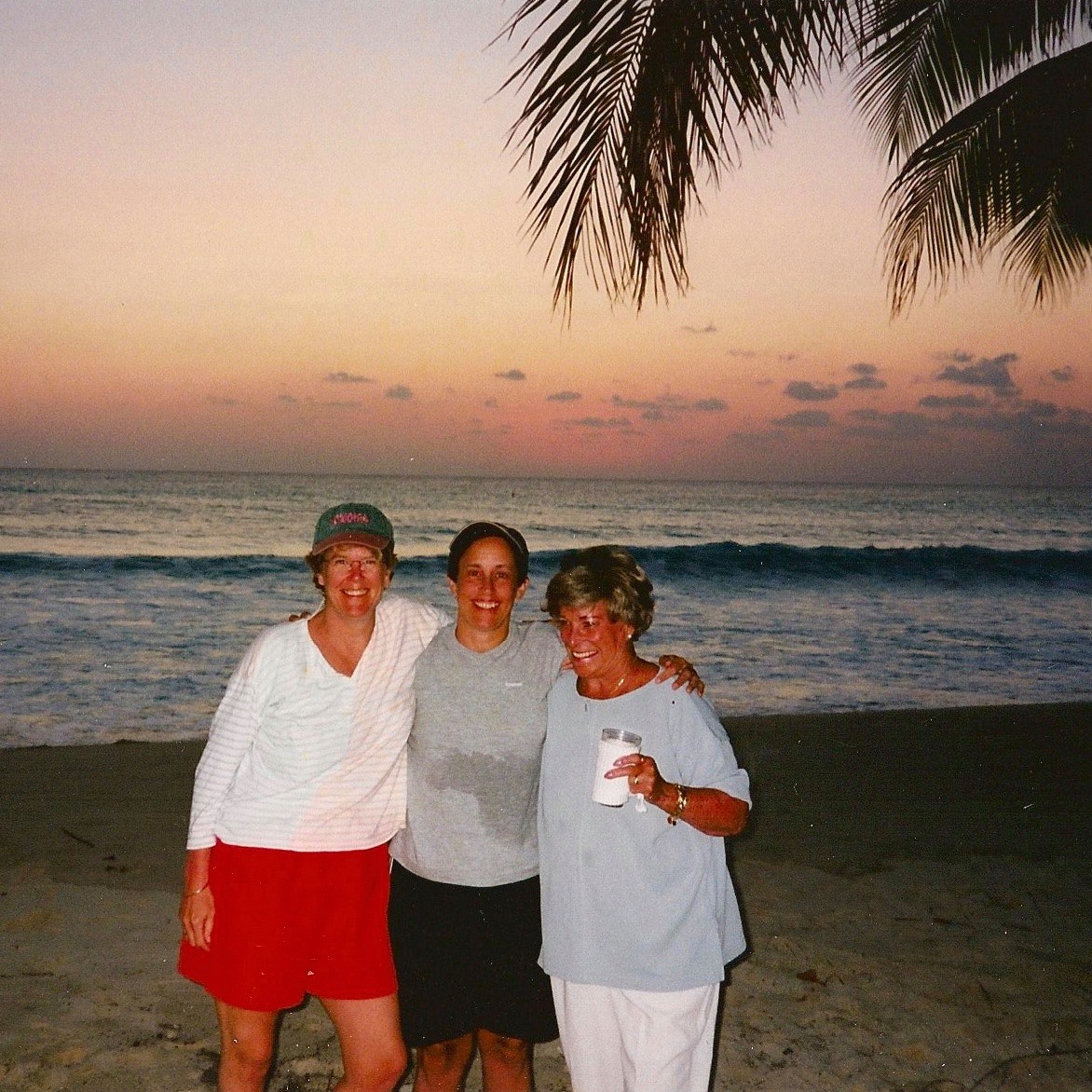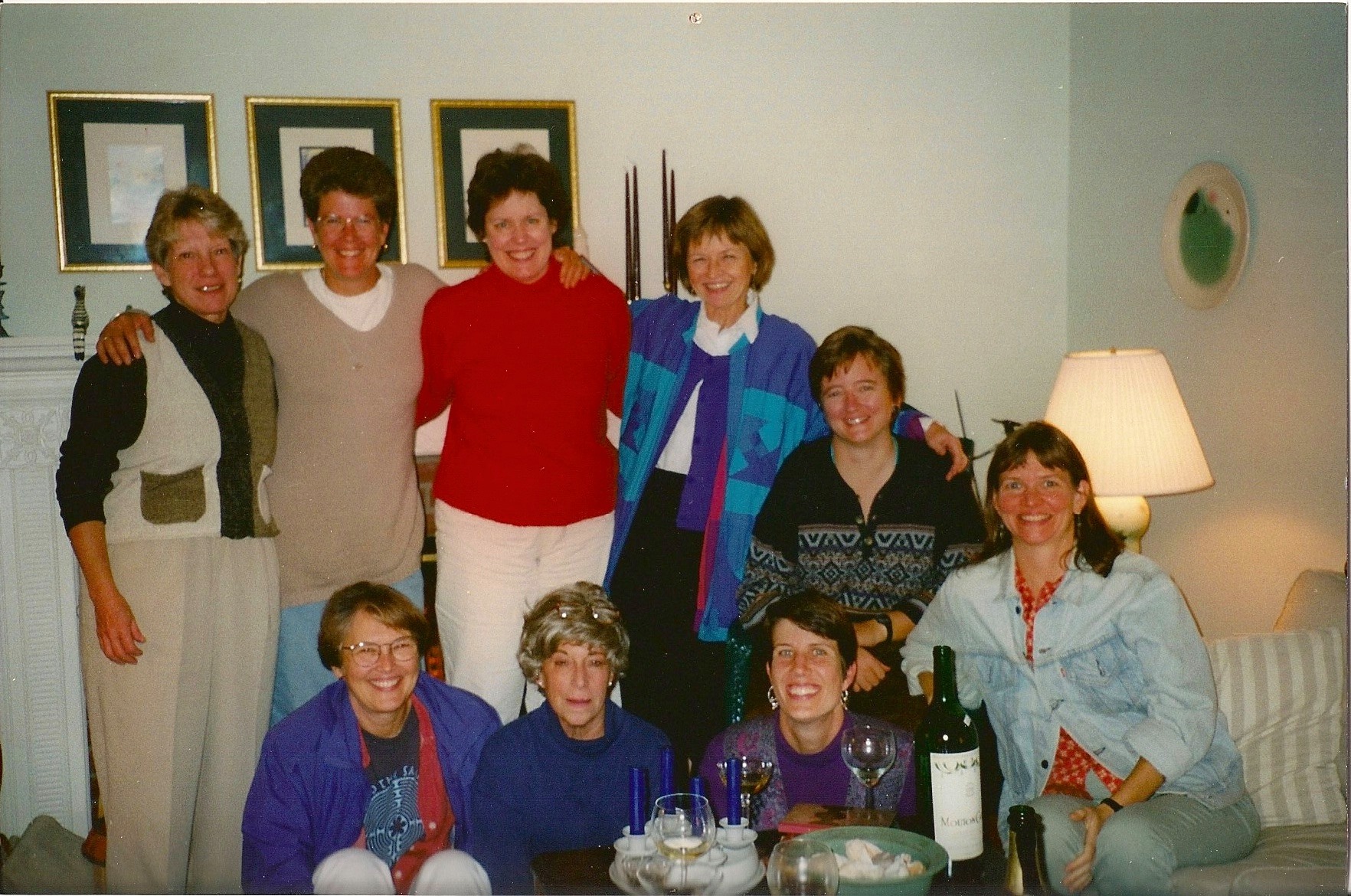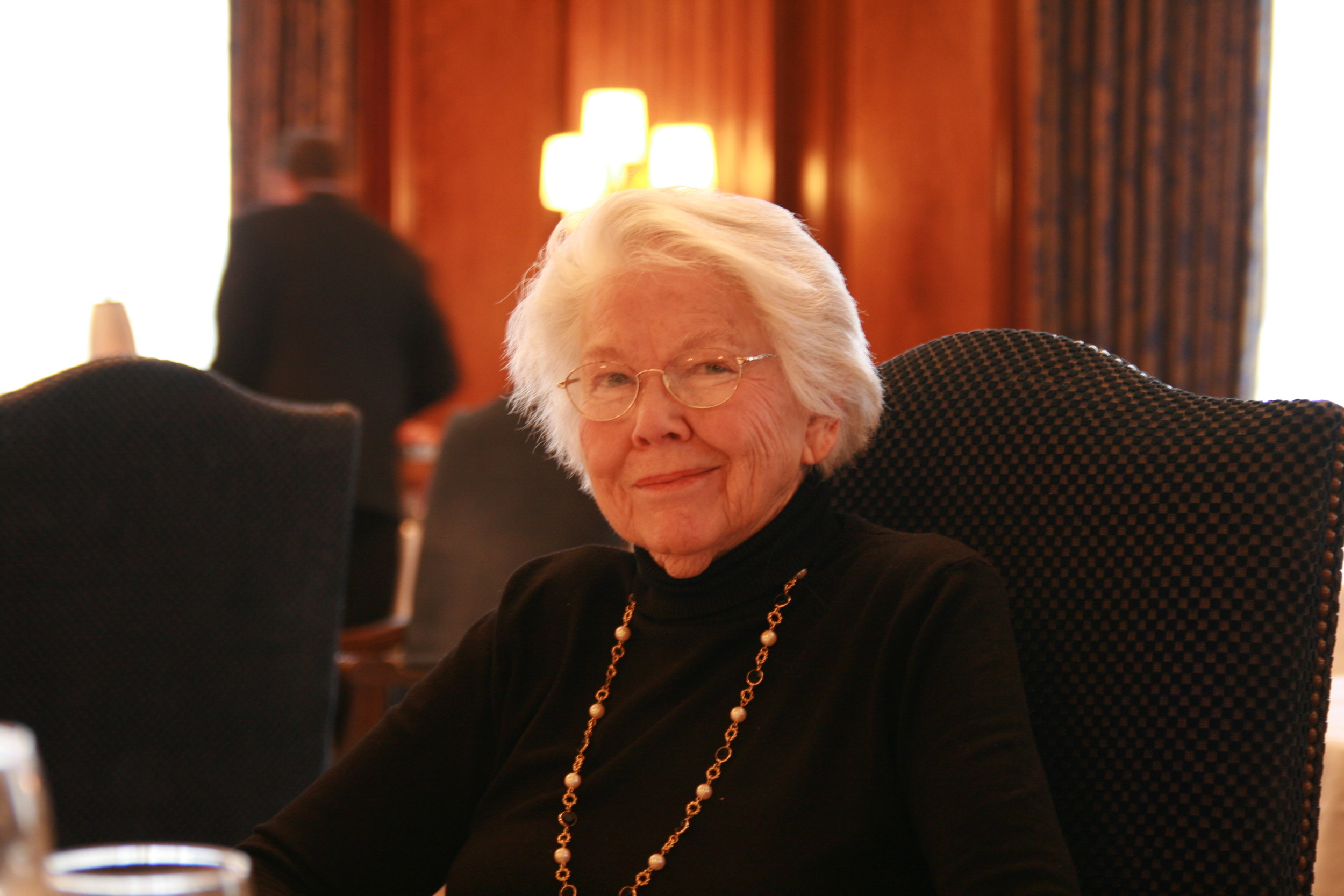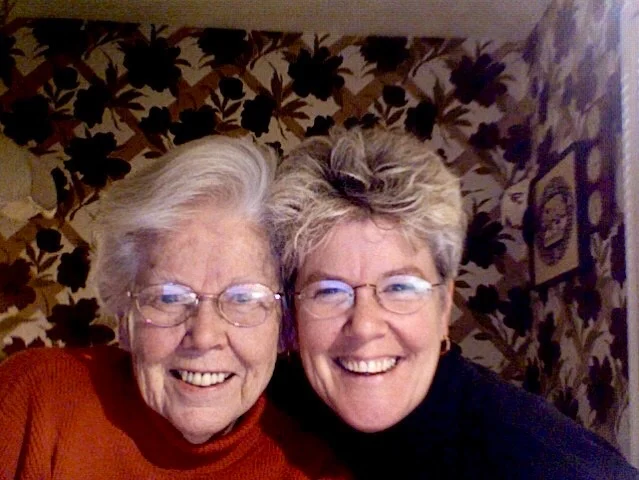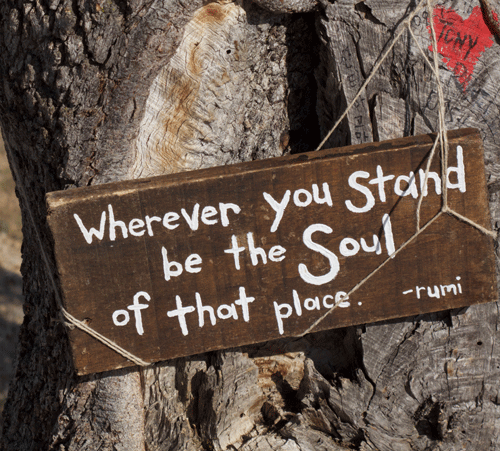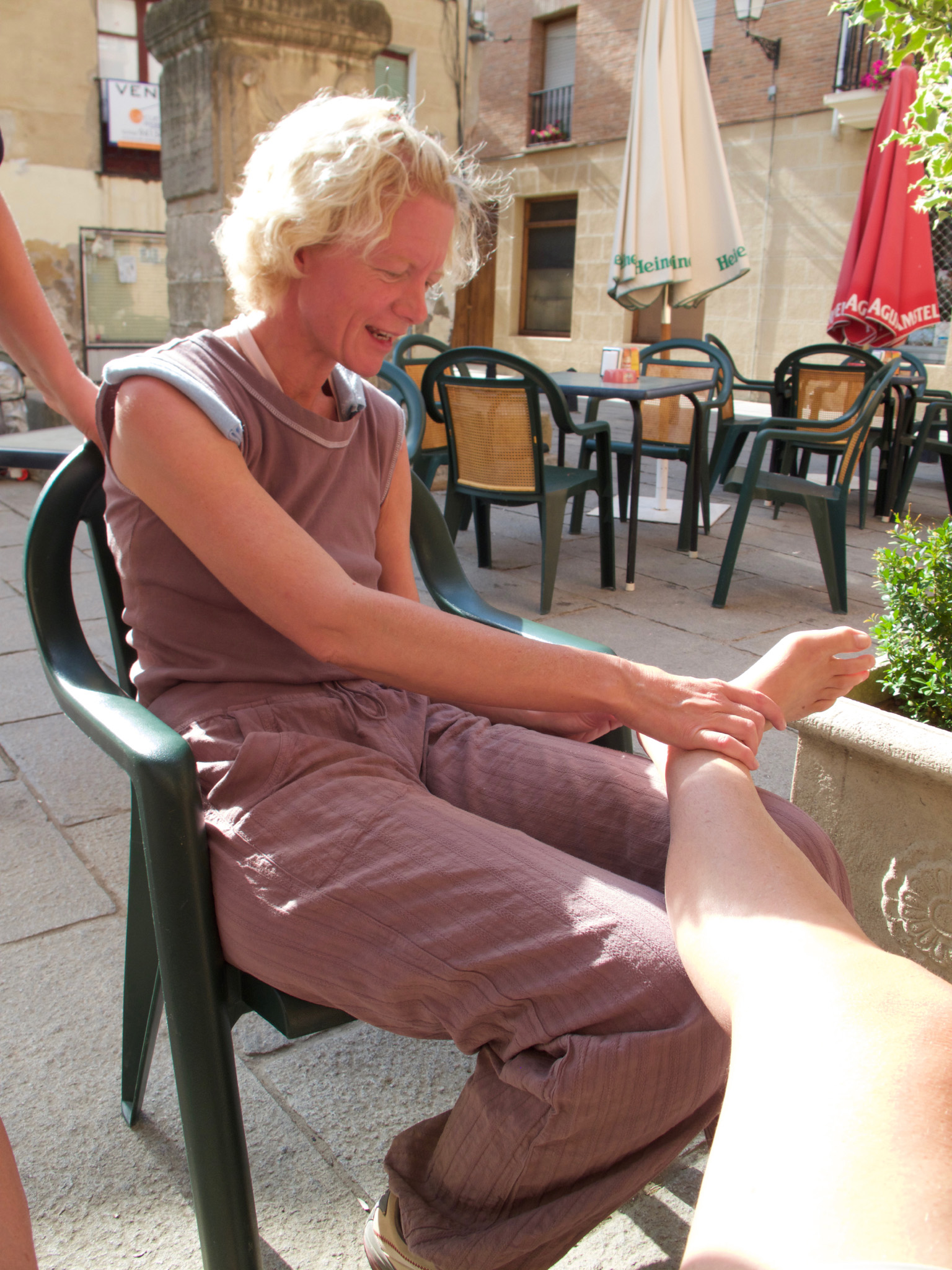Reflections on Stonewall from a Retired Gay Episcopal Priest
Last week marked the 50th anniversary of the Stonewall Riots. On June 28, 1969, police raided the Stonewall Inn, a Greenwich Village gay bar. Such raids were fairly common. Folks would run or get arrested (or both), and life would go on. But on that memorable night, Stonewall patrons — led by a group of transgender women of color — didn’t run, and instead, they resisted arrest, sparking two days of violent protests. After the Stonewall Uprising, protestors were motivated to organize against the unjust treatment of the LGBTQ community by police and society at large, leading to New York’s first gay rights march a year later.
Over the last half-century, the LGBTQ community has come out, stood up, held hands, and followed the way of freedom. Like Jesus and the first disciples, many of us bid farewell to our homes, families, jobs, churches, and reputations.
Jesus teaches us about a way of life that is all-too-familiar to the LGBTQ community. When refused hospitality by a Samaritan village, two of his disciples asked: “Lord, do you want us to call a bolt of lightning down out of the sky and incinerate them?” Jesus responded: “Of course not. Let’s just move on.” The gay community knows all-too-well what it means to kick off the dust of rejection and keep walking.
On the road to Jerusalem, Jesus encountered three types of people. And to each, he explained a different cost of freedom in Christ.
To the one who said “I will follow you wherever you go,” Jesus offered a reminder that he would face a life of insecurity. The LGBTQ community knows what it’s like to lose jobs, homes, families, friends, and even their lives because of their sexuality and gender identity.
To the one who said “Let me first bury my father,” Jesus’ response, “let the dead bury the dead,” seems curt and insensitive. Yet, the gay community knows what it’s like to not be welcome at family funerals. And not only that, but we know what it’s like to bury each other when our families have rejected us.
To the one who said “I will follow you, but first excuse me while I get things straightened out at home,” Jesus said, “Don’t look back. Carpe Diem. ” As most LGBTQ folks know, once you’ve opened the closet door, it’s really hard to close it again.
I vividly recall, coming out 45 years ago, the first time I told someone I was gay, the first time I walked into a gay bar, marched in a Pride Parade, and visited Provincetown, MA. Contemplating the recent election of two openly gay bishops, I recognize how much has changed since I came out in the ordination process, made public witness during the 1995 Episcopal Church heresy trial, was installed as the first lesbian cathedral dean, and stood for Episcopal election. When I read wedding announcements in the Sunday Times, I remember lobbying for marriage equality and weeping when the Supreme Court rendered its decision on same-sex marriage. And watching the Democratic debates this past week, I marveled at the sight of a young, married, gay Episcopalian from Indiana running for President of the United States.
As I reflect on the fiftieth anniversary of Stonewall, I am reminded of John Fortunato’s Embracing the Journey. An intimate, courageous and hopeful book — written in 1982 by a gay, Episcopal, psychotherapist — it was an early treatise on holding sexual identity and Christian faith together.
Recalling one night during a particularly challenging time, Fortunato described a conversation with God. Imagining that God was sitting on the couch right in front of him, Fortunato spoke:
“You know, sometimes I think they’re right, that being gay and loving a man is wrong.”
God smiled and said quietly, “How can love be wrong? It all comes from me.”
[But Fortunato needed more.] “Sometimes, I just want to bury that part of me.” [he] said, “just pretend that it isn’t real.”
“But I made you whole,” God replied. “You are one as I am one. I made you in my image...You’re my son...Nothing can separate you from my love…”
“What do I do with all this?” [Fortunato] asked..“What do I do with them?”
And in the same calm voice, God said, “I’ve given you gifts. Share them. I’ve given you light. Brighten the world. I empower you with my love. Love them.”
“Love them anyway?” [he] moaned. “But how?”
“You begin by just being who you are.”
“Is that all?” [he] asked fearfully.
“No, you must also speak your pain and affirm the wholeness I’ve made you to be when they assail it. You must protest when you are treated as less than a child of mine.”
“Is there more?” [he] asked.
“Yes,” God said gently, “And this is the hardest part of all. You must go out and teach them. Help them to know of their dependence on me for all that they really are, and of their helplessness without. Teach them that their ways are not my ways, and that the world of their imagining is not the world I have made. Help them to see that all creation is one as I am one, and that all I create I redeem. And assure them by word and work and example that my love is boundless, and that I am with them always.”
“You know they won’t listen to me,” [Fortunato] said with resignation. “They’ll despise me, They’ll call me a heretic and laugh me to scorn. They’ll persecute and torment me. They’ll try to destroy me. You know they will, don’t you?”
And God said softly, “O, yes, I know. How well I know.”
If that’s not the way of Jesus, I don’t know what is.
When I was younger, I had a vision that everybody who was lesbian, gay, bisexual and transgendered would turn purple at the same time. Then my vision grew. I envisioned that everybody who had a lesbian, gay, bisexual, or transgendered spouse, parent, or child would turn purple. I envisioned that everybody who had a lesbian, gay, bisexual, or transgendered doctor, dentist, pharmacist, lawyer, accountant, realtor, insurance agent, teacher, hairdresser, legislator, rabbi, or minister would turn purple. And I envisioned that everybody who had a lesbian, gay, bisexual, or transgendered relative, friend, neighbor, student, employee, or employer would turn purple. By the time I was finished, the world was a beautiful tapestry of richly woven purple: the conversation had changed, the hearts of the people had changed, and the policies of our governments had changed.
As I matured, I came to understand that it wasn’t going to happen that way. God doesn’t do our liberation work for us. We had to turn ourselves purple. We had to change the conversation, win the hearts of the people, and secure our rightful place in family, church, and society one-step-at-a-time by being open and true to who we are. And God would be with us in the trenches. That is the promise of salvation.
Yes, the LGBTQ community has come a long way over the past fifty years. Some would say that we’ve become too established, comfortable, and even hetero-normative. Personally, I don’t agree with this perspective. However, as tempting as it may be, we cannot enjoy our victories and ignore the pain and injustice still faced by others.
I am grateful for those who, in every generation, stand up and walk together in the face of oppression and in the name of love with their faces toward Jerusalem. Let us also pledge to continue the work of proclaiming God’s justice, love, and mercy for all God’s people.

